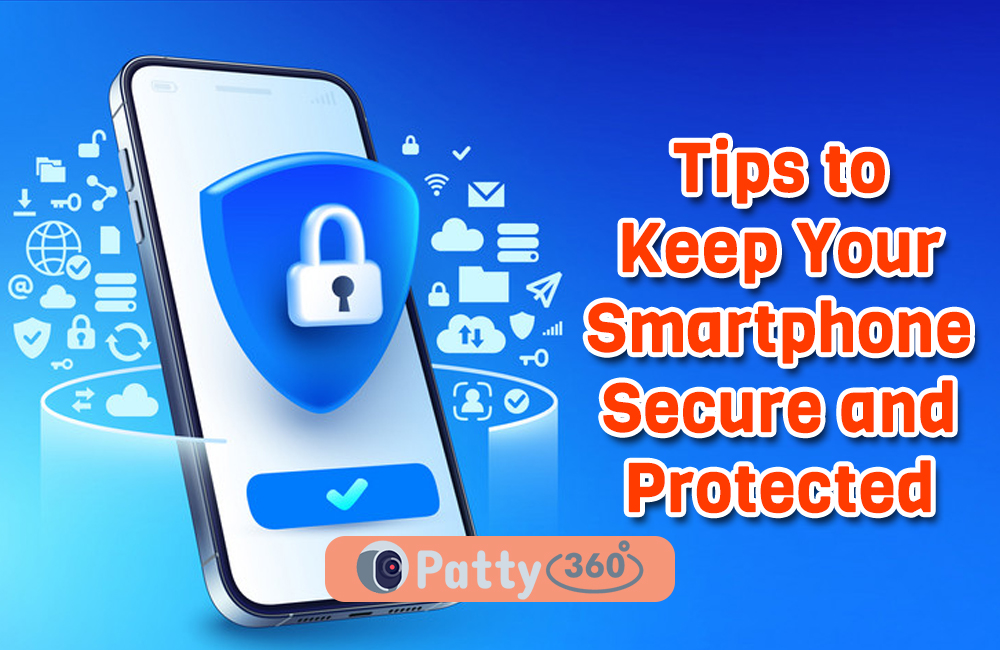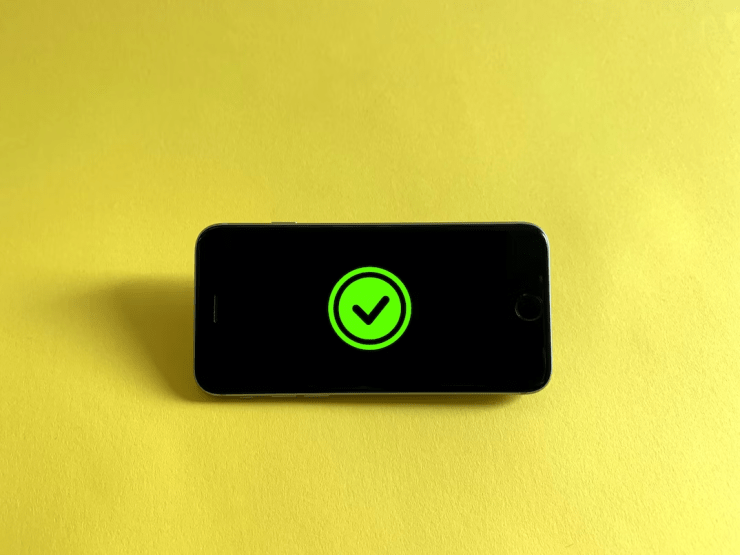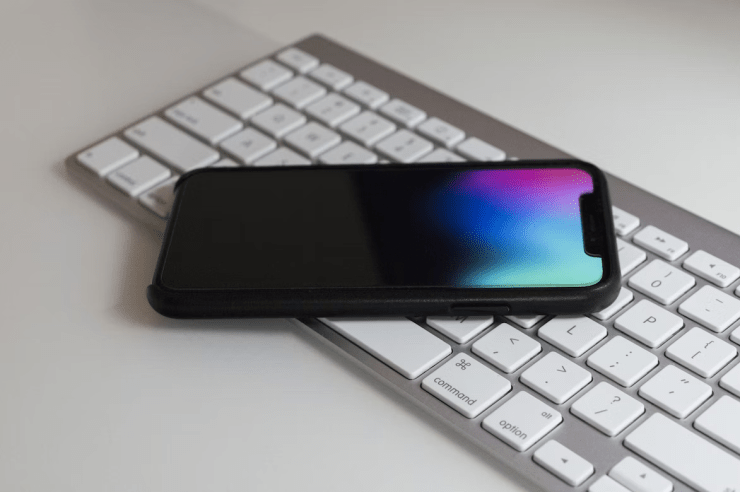Technology
10 Common Effective Tips to Keep Your Smartphone Secure and Protected

Taking care of oneself can be a challenge in today’s world. It’s important to prioritize eating nutritious greens, exercising regularly, and getting enough rest. Equally crucial is safeguarding personal devices, smartphones, due to their significant role in our daily lives. Mobile security has become an unavoidable topic, reminding us to update passwords, keep our operating systems and apps current, and exercise caution while browsing online.
Although many of us struggle with maintaining a healthy lifestyle, there’s always room to improve our responsible use of beloved tech gadgets. Here is our list of smartphone security tips to take you to the next level.
How to secure a mobile phone?
1 Lock your screen
The first tip may appear obvious, yet many individuals tend to overlook the fundamentals. There are several valid methods to secure your smartphone, including the option to utilize apps for locking. For enhanced security, it is recommended to use the fingerprint scanner if available on your device. Fingerprints are not only unique to each individual but also differ between each finger. If the most secure cell phone protection method is unavailable, alternative options like face identification can be utilized for locking apps.
2 Use a SIM card lock
Setting up a SIM card lock in the form of a PIN number is beneficial to protect your phone from unauthorized use. This security measure ensures that when a phone is turned on, a network connection can only be established after the correct PIN is entered. It’s important to note that while a screen lock is helpful, it does not prevent the removal of the SIM card and its use on another device. Taking this precautionary step can significantly enhance the security of your phone.
3 Use VPN
With a good VPN for Chrome, you can protect your browser on your PC, and using the app, your iPhone or Android smartphone. By connecting to VPN servers, your activities will be untraceable and the connection will be encrypted. Plus, you can also unblock Netflix UK, access blocked sites like ChatGPT, change the server to Steam, and much more. Not all services are capable of this, but VeePN, even with a free trial version, can handle all of the above. Most importantly, it will allow you to keep your smartphone secure.
4 Create strong passwords
Many individuals tend to overlook the importance of using strong passwords not only on their mobile phones but also across other devices. It is essential to avoid obvious and easily guessable passwords, such as names, surnames, pet names, or significant dates. Instead, opt for passwords that incorporate a combination of capital letters, symbols, and numbers. For added security, consider using acronyms or employing a password manager specifically designed for smartphones.
5 Protect sensitive data
It becomes imperative to safeguard sensitive data stored in internal storage. Fortunately, there are software solutions available that encrypt files or folders requiring a code for file access or copying. You should also use the VeePN extension to encrypt data during transmission. Many of these software options can be downloaded and used for free, seamlessly integrating with your phone to provide automated protection. Such measures offer peace of mind with minimal effort required by the user.
6 Don’t save personal log-Ins
If “how to secure their phone from hackers” is on their to-do list, individuals can take a few simple steps to ensure that hackers encounter difficulty in accessing their data. Even the best smartphone security apps cannot compensate for basic negligence. Many people often prioritize convenience over security by storing important information on their phones to avoid re-entering it for social network logins or online payments. Unfortunately, this makes it effortless for individuals with access to their phones to steal potentially costly information, extending beyond mere embarrassment.
7 Protect Bluetooth use
Bluetooth is generally considered safe due to its limited range of approximately 10 meters. However, it’s important to be aware that hackers have been known to exploit phones that are within range.
To enhance security, it is advisable to turn off Bluetooth when not in use and configure it to “non-discoverable” mode. This prevents unauthorized access by individuals searching for nearby devices. Any unfamiliar requests received through a Bluetooth connection, such as pairing with an unknown device, should be disregarded or declined. Failure to secure your device could potentially grant a hacker within range access to it via Bluetooth.
8 Turn off geotagging
Social networking apps on smartphones often have a feature that automatically uploads photos to the Internet. However, this convenience comes with a potential privacy concern. Many phones embed location tags, also known as “geotags,” into the photo files themselves.
These geotags reveal the exact location where the photo was taken, allowing anyone with the right software to determine where you have been and your current whereabouts. Fortunately, most phones allow the geotagging feature to be disabled, which not only safeguards your privacy but also ensures that you cannot be traced by someone you’d prefer not to be found by.
9 Remote wipe
If an unfortunate event occurs, such as the loss or theft of a phone, individuals may consider safeguarding their data by promptly and remotely wiping it. Several operating systems provide a variety of dedicated third-party applications for remote wiping. These services often require a subscription, typically costing less than £5 per month. Alternatively, antivirus packages offer additional features, such as local wipe capabilities, with some free versions like AVG’s Free. Nonetheless, it is advisable to verify with the software vendor whether remote wiping is included or if only local wiping is available before making any payments.
10 Don’t reuse passwords
When it comes to smartphone security, it’s important to consider not only weak passwords but also the lack of password variety. Many individuals tend to take shortcuts by using the same few passwords across multiple apps and websites. However, this practice can increase the risk of data breaches. While it may be acceptable to utilize simple and repeatable passwords for non-sensitive accounts such as gaming websites, it is crucial to avoid using the same passwords for your phone or online banking.
Conclusion
People often use their phones for various online activities. You might even be reading this article on your phone at the moment. To ensure peace of mind and stay ahead of the increasing mobile malware threat, it is important to take proactive measures for mobile security.








